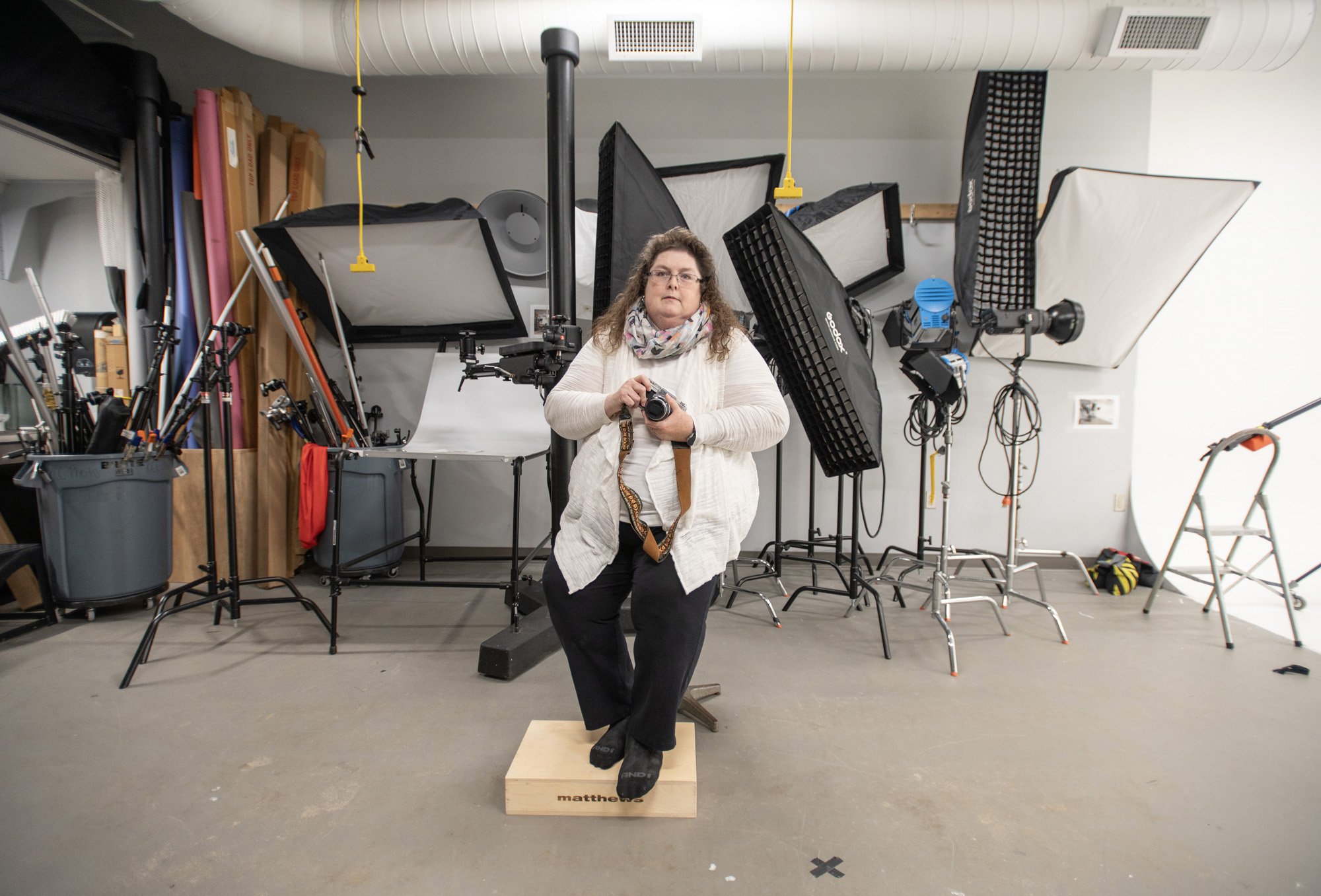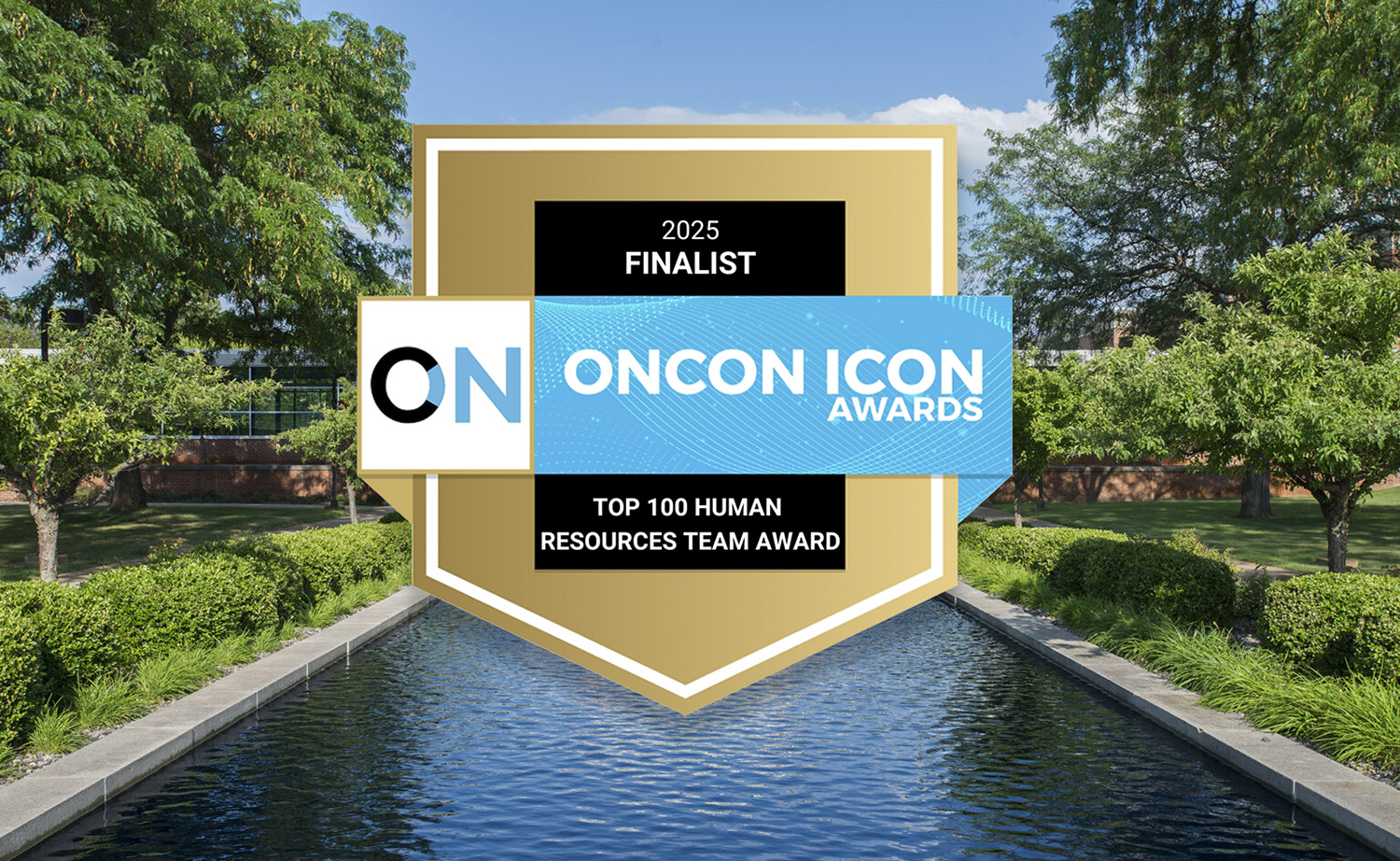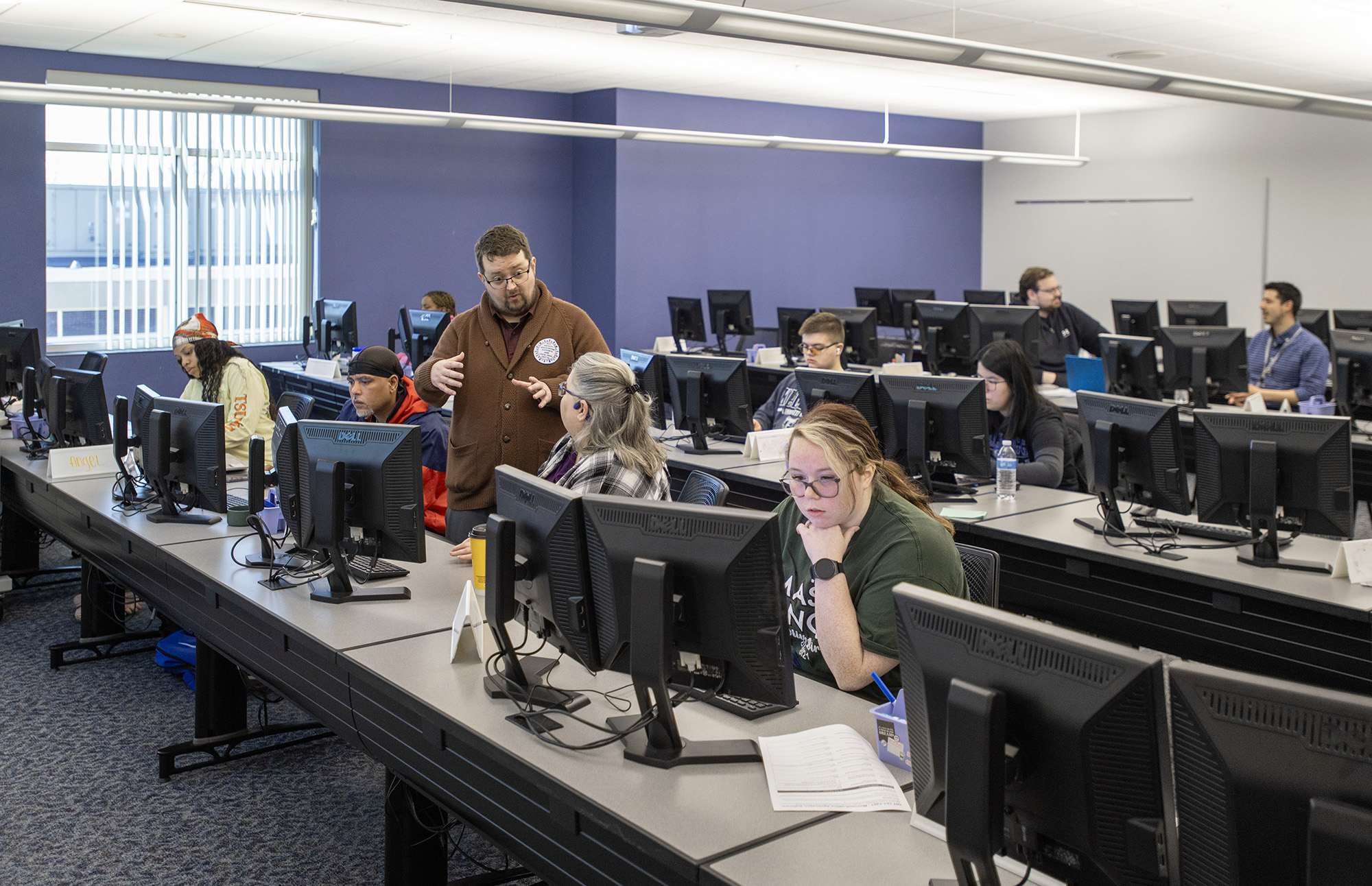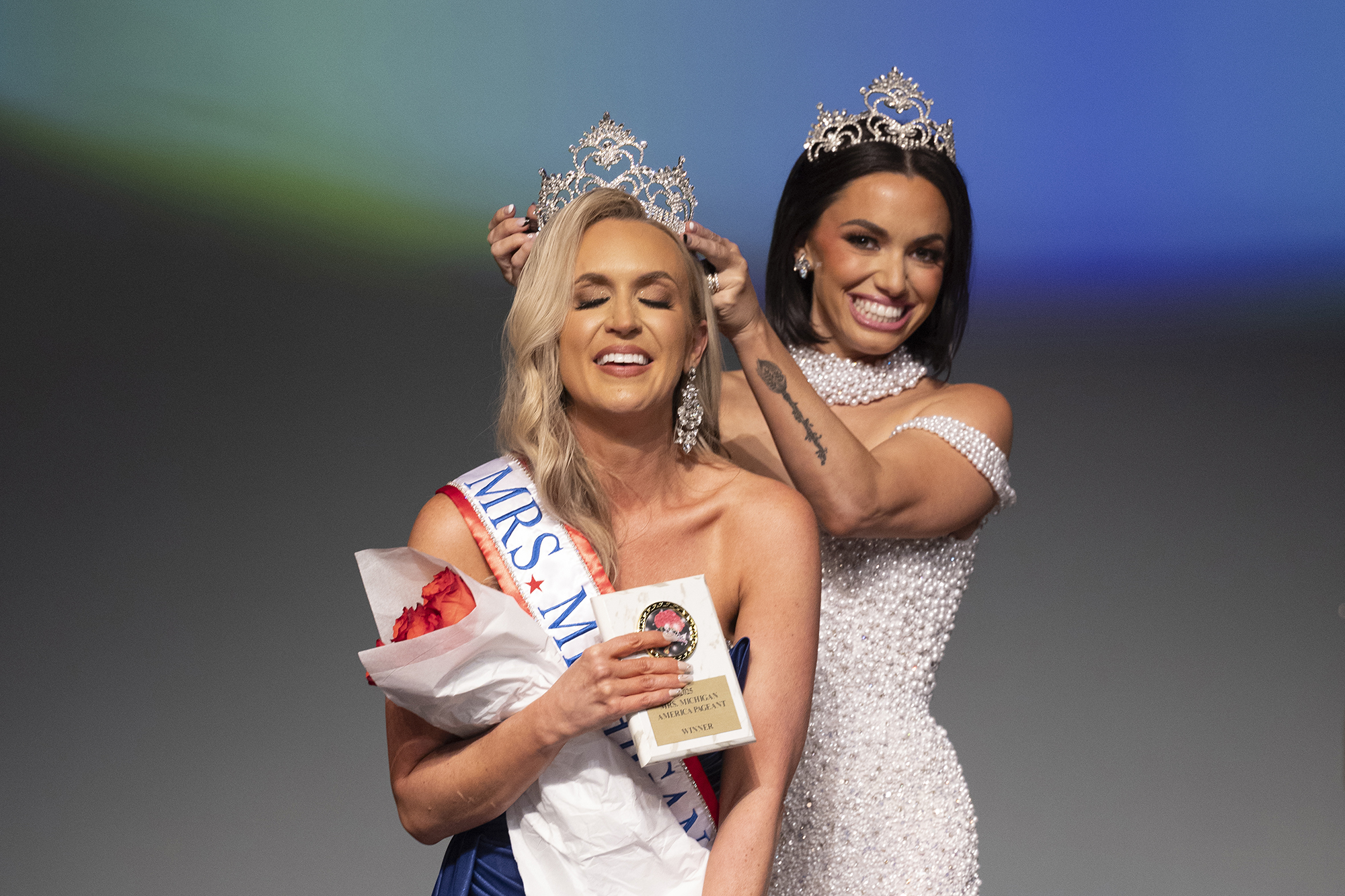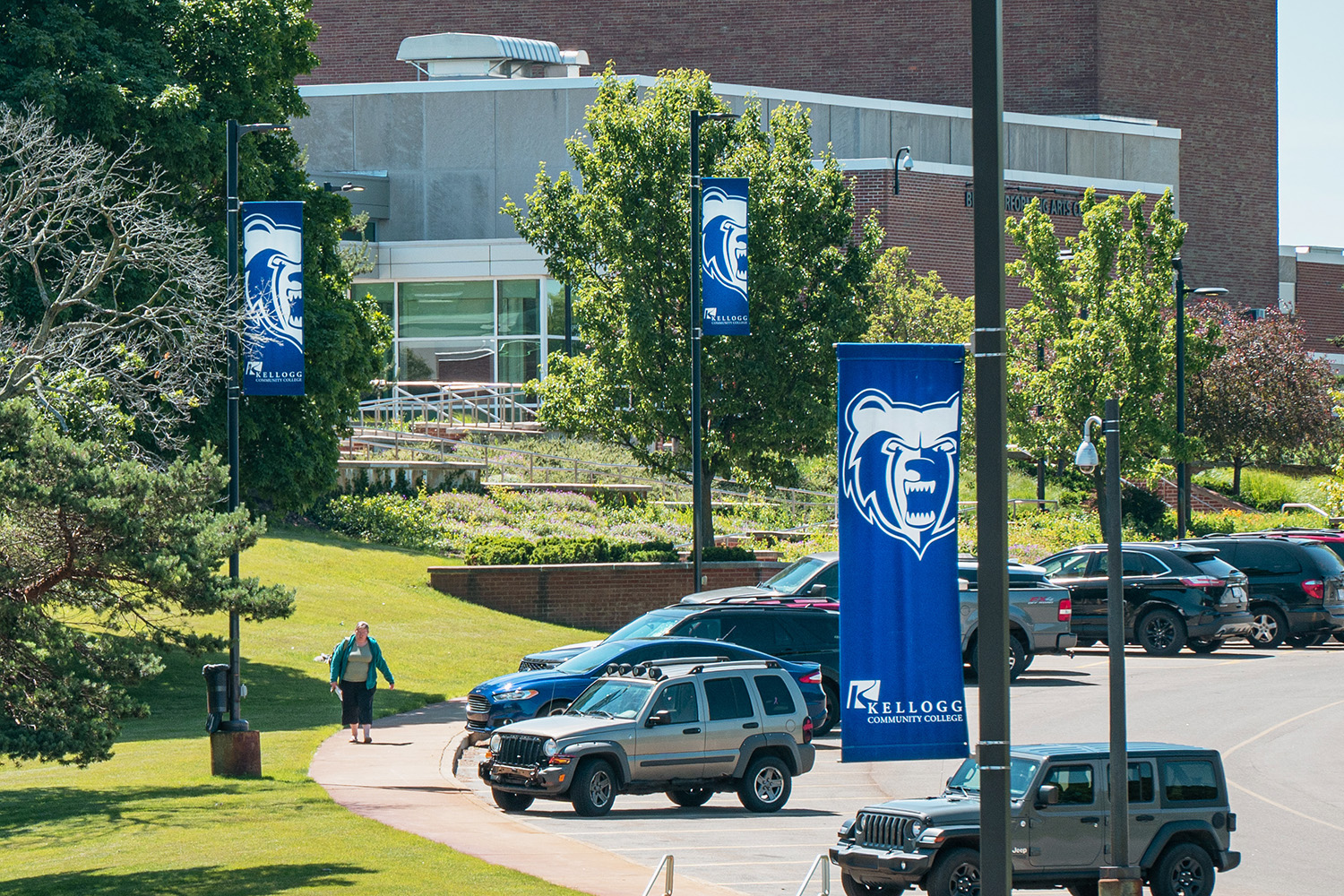Registration for the Spring 2019 semester is open now! For information about signing up for spring classes, visit www.kellogg.edu/registration. To apply to KCC online for free, visit www.kellogg.edu/step1.
Interested in studying education? Here’s a list of several early childhood education (ECE) classes offered at Kellogg Community College during the Spring 2019 semester. For a complete list of Spring 2019 semester classes offered at KCC, visit www.kellogg.edu and click on “Class Schedules” in the top menu to search for sections.
ECE 201: ECE Health, Safety & Nutrition (3 Credits)
This course introduces students to health, safety, and nutrition issues and practices in child care centers and homes (including universal health precautions, community health, and the respective legal implications). Students will study the eating practices and nutrition of young children and the implication they play in promoting healthy physical, social, language, and cognitive development. Emphasis will be placed on preventing communicable diseases and providing safe environments. This course is based on NAEYC standards of child development practices. Each student will be required to spend two to four clock hours completing field experience outside of scheduled class times which may include working with young children, families, and early childhood professionals.
ECE 209: Fundamentals of Early Childhood Education (3 Credits)
This course introduces students to various theories and philosophies of child care, developmentally-appropriate practice and the CDA functional areas. The critical periods of growth and development for children ages newborn to 8 are emphasized.
ECE 210: Child Growth & Development (3 Credits)
This course examines the social, emotional, cognitive, physical and language development of children ages newborn through adolescence, including the genetic and prenatal influences on the child, the importance of play and consistent routines, the role of the family and how nutrition and health issues affect a child’s development. This course is based on NAEYC standards of child development practices. Students acquire skills in observing, recording and interpreting child behavior. Each student will be required to spend four to six clock hours completing field experience outside of scheduled class times, which may include working with young children, families and early childhood professionals.
ECE 215: Positive Child Guidance (3 Credits)
This course examines theoretical approaches to guidance, positive intervention strategies, observation techniques and group management skills. Emphasis is on the positive development of a child’s self-esteem, ages newborn to 8, and positive communications with families. Children’s social relationships are examined, as are cultural influences. This course is based on NAEYC standards of child development practices. Each student may be required to spend four to six clock hours completing field experience outside of scheduled class times, which may include working with young children, families and early childhood professionals.
ECE 218: Anti-Bias Curriculum in Early Childhood Settings (3 Credits)
This course teaches strategies for effectively managing prejudice, gender, and racial differences within early childhood settings. Focus is on cultural respect and disability awareness through the development and application of anti-bias curricula. Students gain skills in ethical decision making relating to a bias-free environment.
ECE 219: Creative Arts and Movement for Young Children (3 Credits)
Students will have an opportunity to develop techniques in enhancing young children’s fine and gross motor skills through hands-on activities incorporating the arts, music, language, space, materials, sound, and physical movement in early childhood learning environments. This course is based on NAEYC standards of child development practices.
ECE 221: Early Childhood Internship (3 Credits)
Students will need to successfully pass a criminal background check and a State of Michigan Department of Human Services Child Abuse and Neglect Registry (CANR), according to College and department policy. Students work in early childhood settings to gain professional work experience in the application of competencies based on the NAEYC standards for associate degree programs. Students must be able to meet site requirements, which may include a health physical and a TB check. Students must complete a minimum of 275 clock hours of work experience and must file and receive an approved internship application with the Early Childhood Education office prior to registering.
ECE 224: Introduction to Early Childhood Education (3 Credits)
This course introduces students to developmentally-appropriate, high-quality child care programming for children ages birth to 8. Students will complete routines, scheduling and activities that encourage children’s healthy growth and development. Topics include the State of Michigan Child Care Licensing Regulations, career opportunities in childcare and types of child care programs. This course is based on NAEYC standards of child development practices. A four clock hour observation outside of course in an approved setting is required.
ECE 231: Early Childhood Literacy (3 Credits)
This course will examine early literacy development and how early childhood providers can support children’s literacy development. Emphasis is on functional and meaningful literacy activities that will help to build the necessary foundation for young children to learn to read and write. Each student is required to spend at least thirty (30) minutes reading with young children outside of scheduled class times.
ECE 232: Infant and Toddler Care (3 Credits)
This course provides students with experience in programming, designing, and sequencing learning experiences for children ages newborn to three including providing secure learning environments, and how space and equipment influence children. Students learn how culture affects young children’s development, and how the state of Michigan licensing regulations may pertain to infant and toddler. Students are required to complete 16 hours of field experience outside of scheduled class times.
ECE 233: Early Childhood Environments (3 Credits)
This course provides hands-on experience in selecting, preparing and presenting appropriate curriculum for children in licensed preschool and before-and-after school care settings. Specific areas of study include the development of appropriate learning experiences using music, art, dramatic play, outdoor play, fine and gross motor skills and literacy. Students learn how to plan appropriate routines. Students are required to complete 16 hours of field experience outside of scheduled class times.
ECE 240: Child Care Administration (3 Credits)
This course is based on NAEYC standards for administration of child care centers. Students examine the child care administrator’s role in directing successful early childhood centers. Topics include safety, child care licensing laws, sound health and nutrition practices, business practices, communication skills, professionalism, personnel management, policy development, accreditation standards and ethical decision making. Each student will be required to spend one to two clock hours completing field experience outside of scheduled class times, which may include working with young children, families and early childhood professionals.
ECE 250: International Teaching Early Childhood (3 Credits)
Students learn the components of intentional teaching to ensure all children reach their full potential and are school-ready. Students learn how to use reflection and purposeful planning to ensure each child acquires the skills needed to be successful based on individual assessment. Students learn how to balance child and adult-guided experiences to promote effective learning across developmental domains. Students will be introduced to NAEYC ethical standards, coaching, mentoring, and service learning conceptual models in their respective relationships to early childhood education. Each student is required to spend four (4) to six (6) clock hours completing field experience outside of scheduled class times which may include working with young children, families, and early childhood professionals.
ECE 260: Positive Relationships with Families (3 Credits)
Students learn how to establish and maintain positive relationships with diverse families of young children. Effective communication strategies are emphasized encouraging equal partnerships with families. Advocacy for families is explored. This course is based on NAEYC standards of child development practices.
ECE 261: Topics in Early Childhood 1 (1 Credit)
This course broadens student knowledge through selected topics and issues pertaining to early childhood. Topics may include administration, nutrition, activities or legal and ethical issues. Each student may be required to spend one to three clock hours observing and working with young children outside of scheduled class times.
ECE 270: Early Childhood Curriculum Development (1 Credit)
This course focuses on specific curriculum development topics, such as literacy, math, science, music, learning centers, and the senses for children ages newborn to eight (8) years of age. Students complete course objectives in modules.
For More Information
The first Spring 2019 classes start Jan. 11, and the semester ends May 6. For information about signing up for spring classes, visit www.kellogg.edu/registration. For more information about studying early childhood education at KCC, visit www.kellogg.edu/early-childhood.




